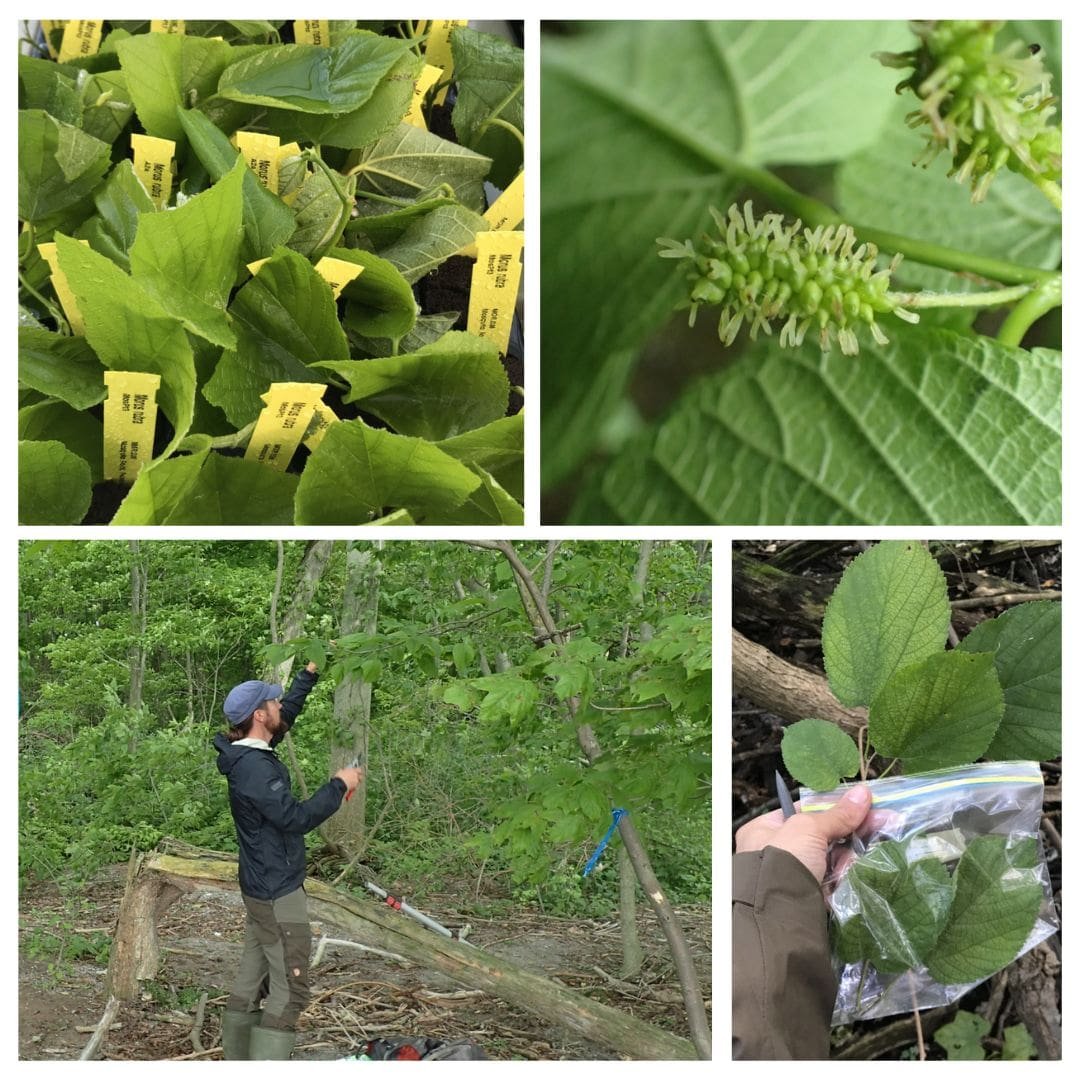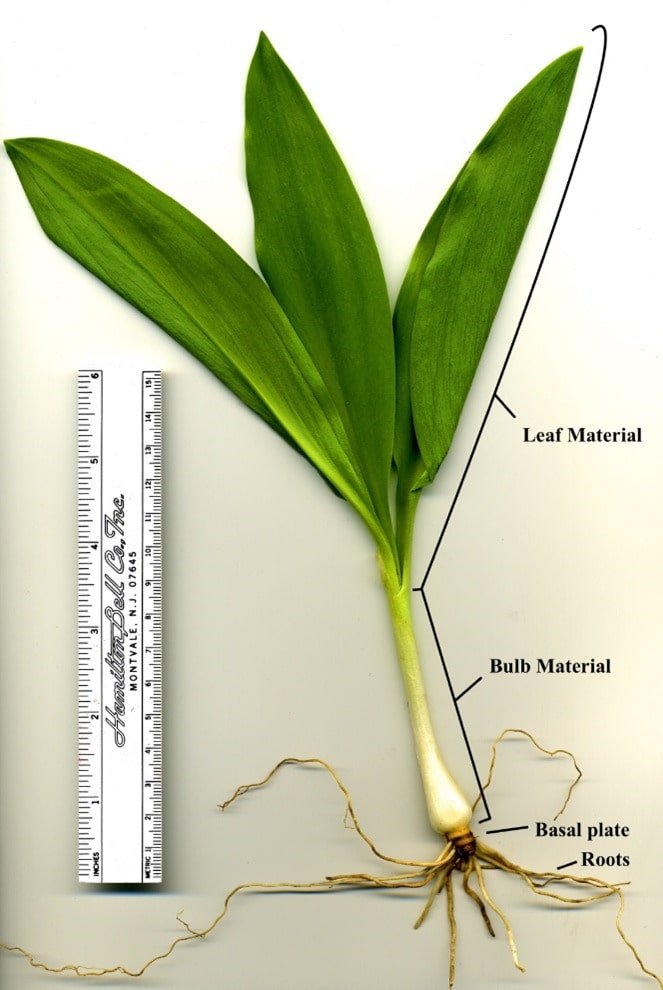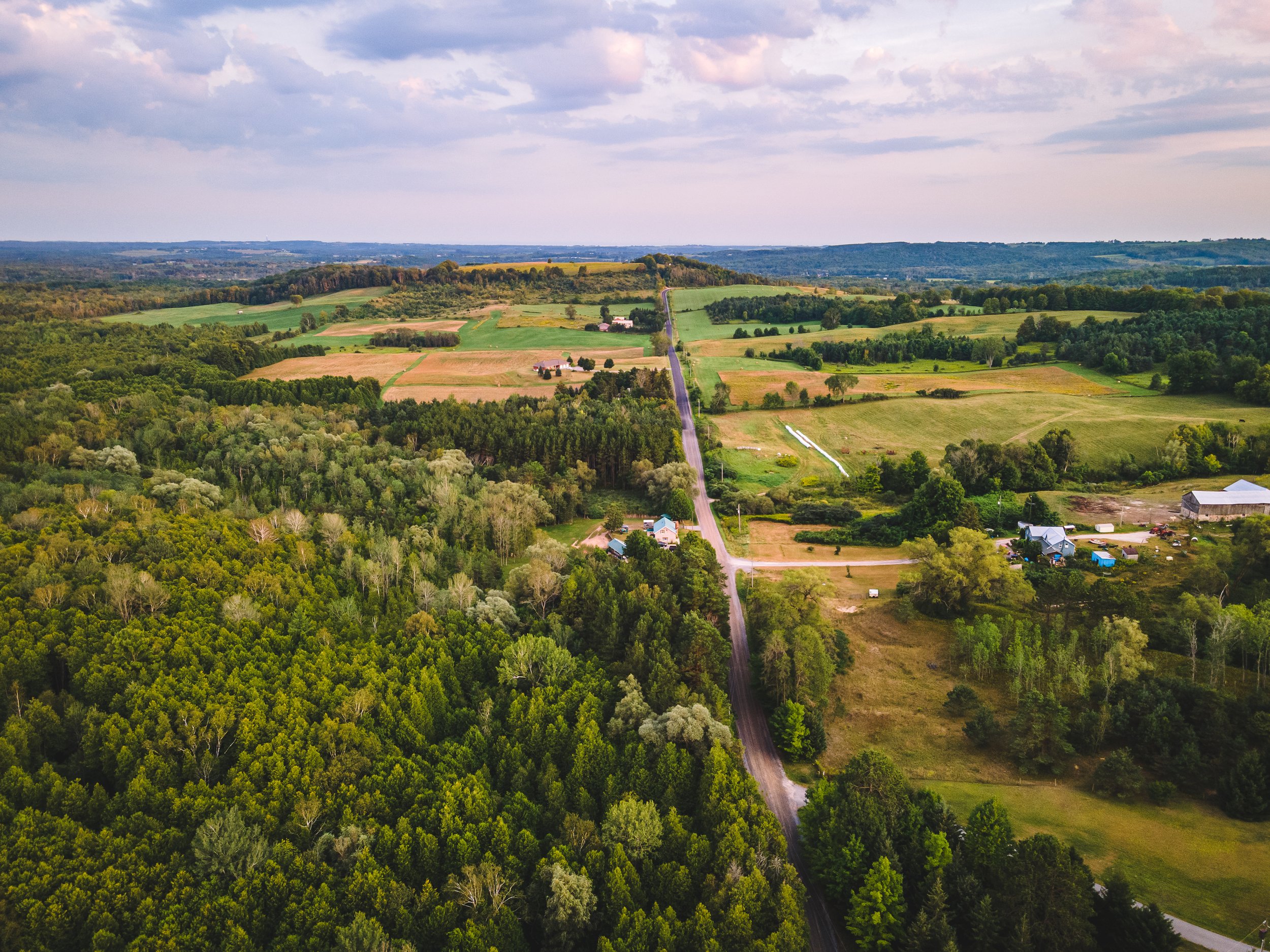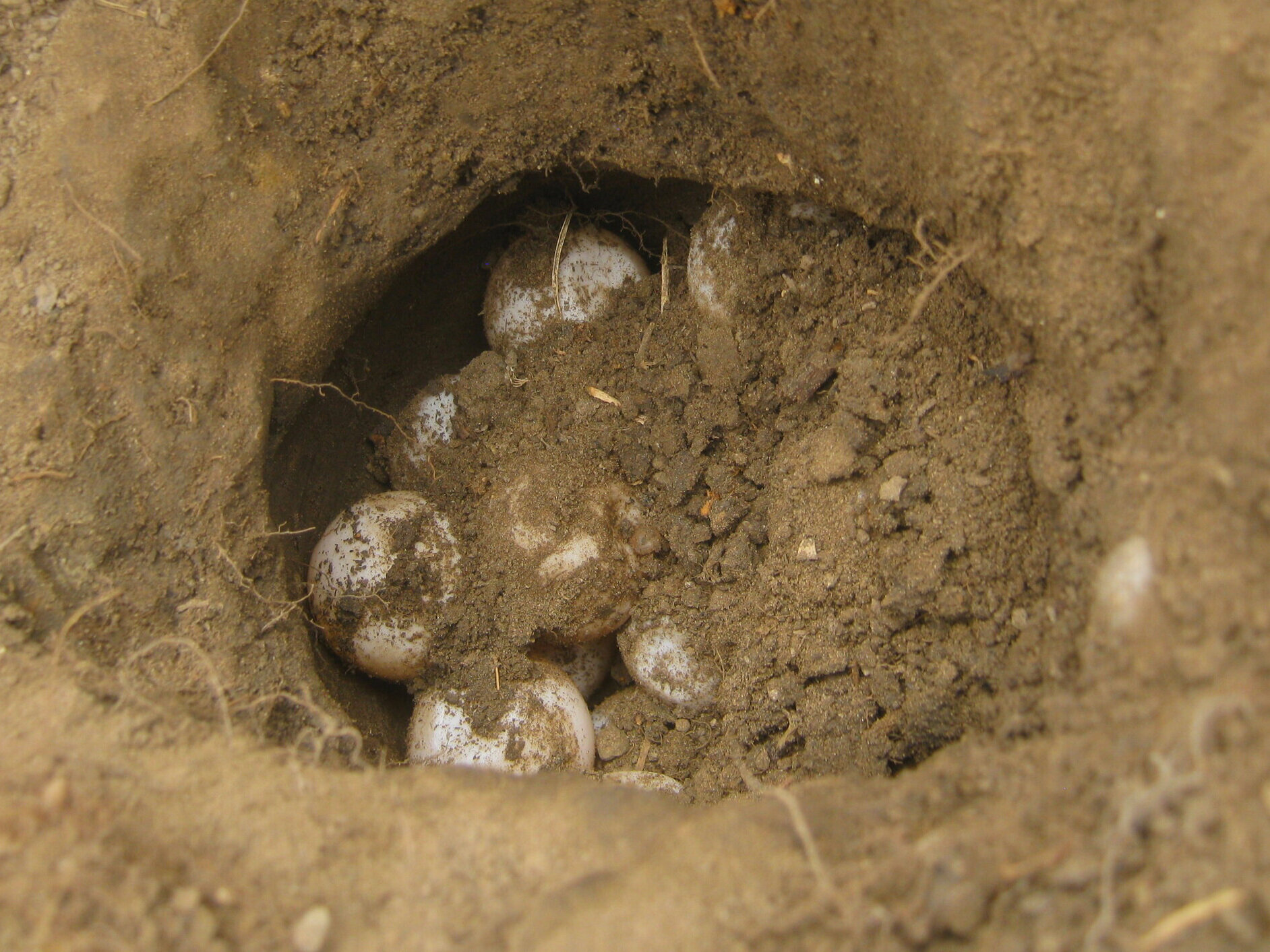
A show about relationships with the land
There are many ways to listen to the show: Listen live on CFRU 93.3 fm broadcasting from the University of Guelph Mondays at 6pm EST or listen to the podcast via Spotify, Apple, or just follow the rss feed.

Ep. 222 : Red Mulberry Recovery Program with Sean Fox
A couple of days after my recent interview discussing Mulberries with Matt Soltys, the Arboretum at the University of Guelph shared a couple of posts on instagram about the Red Mulberry Recovery Program where researchers are looking into how to identify, propagate, and eventually distribute Red Mulberries to their partners. They are also trying educating the public on how the White or Asian Mulberries can be detrimental to conservation of the Red Mulberries. Immediately I wrote to them to try and set up and interview.
Gratefully Sean Fox, senior research associate at the Arb, took the the time to get into the complexity and nuance of dynamic movements of species and how we can take actions towards conservation of a species which is endemically endangered.

Ep. 201 : Harvesting for Conservation with Sarah Nilson and Eric Burkhart
“Fewer ramps per pound means more ramps in the ground”.
Ramps? Wild Leeks? Allium tricoccum? Whatever you call them, they are a type species for foraging and everyone wants to be in relationship with them. Often that means everyone is looking for them and trying to bring some home, or sell them at markets or fine restaurants, sometimes without care or consideration as to what is best for the Ramps themselves. But when we slow down, study, and learn the best ways to know and be in connection with a plant then it may even be possible to support plant populations while harvesting from them.
Sarah E. Nilson and Eric Burkhart join me for a conversation around when is the best time for commercial growers to be harvesting and why we it might be better to be harvesting at certain phenological stages rather than others. We talk about Ramps, their general ecology, why it is important to maintain relationships through harvesting, but in good ways that give the plants the best chance at sustained growth and genetic diversity.

Ep. 177 : Greenbelt Foundation with Shelley Petrie
2,100,000 acres protected within not only the most populous area in Canada, but one of the most important economic areas, the struggle between development and sprawl vs protection and conservation of farms, forests and fragile wetlands is a very real undertaking, and one very much beyond me. Getting to talk to Shelley Petrie of The Greenbelt Foundation was helpful in understanding some of the details of what exactly the Greenbelt is and who the Greenbelt Foundation are.
With a local council North of Toronto recently voting in favour of a developer’s request to redesignate 1,400 acres of Greenbelt farmland into developable lands I got to wondering if the Greenbelt can hold up against this and possible future impingements? Where do folks allow development and where do folks protect lands?

Ep. 169 : Bumble Bee Recovery Program
Bumble Bees (genus Bombus) are a diverse genus of Bees. It can be a confusing process not only trying to decipher the genus of a Bee, but especially down to the species. Now how about trying to i.d. a increasingly hard to find species? Its hard. Its harder still to try and help these bees get back into the mating game, supporting their regeneration and helping them help reinhabit the places where their populations were once more common.
Tiffani Harrison is the conservation outreach and field biologist with Wildlife Preservation Canada. She and her teams have been surveying various sites across Canada in search of Bumble Bees, to gather Queens for the breeding Bumble Bee Breeding lab in efforts to learn more about how to support some seriously declining species.

Ep. 132 : Sarah Marshall on Snapping Turtles nest extractions
Interview with Sarah Marshall, conservation technician from rare charitable research reserve about Snapping Turtles as she excavates a Snapping Turtle nest from a construction site. Without her, and her crew’s help, these nests would likely be predated by other wildlife, or destroyed by human activities such as development, vehicles, or even sports.

Other platforms where you can listen to the show :
As well as : Breaker : Overcast : Pocket casts : RadioPublic



